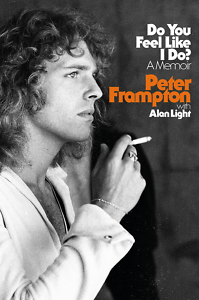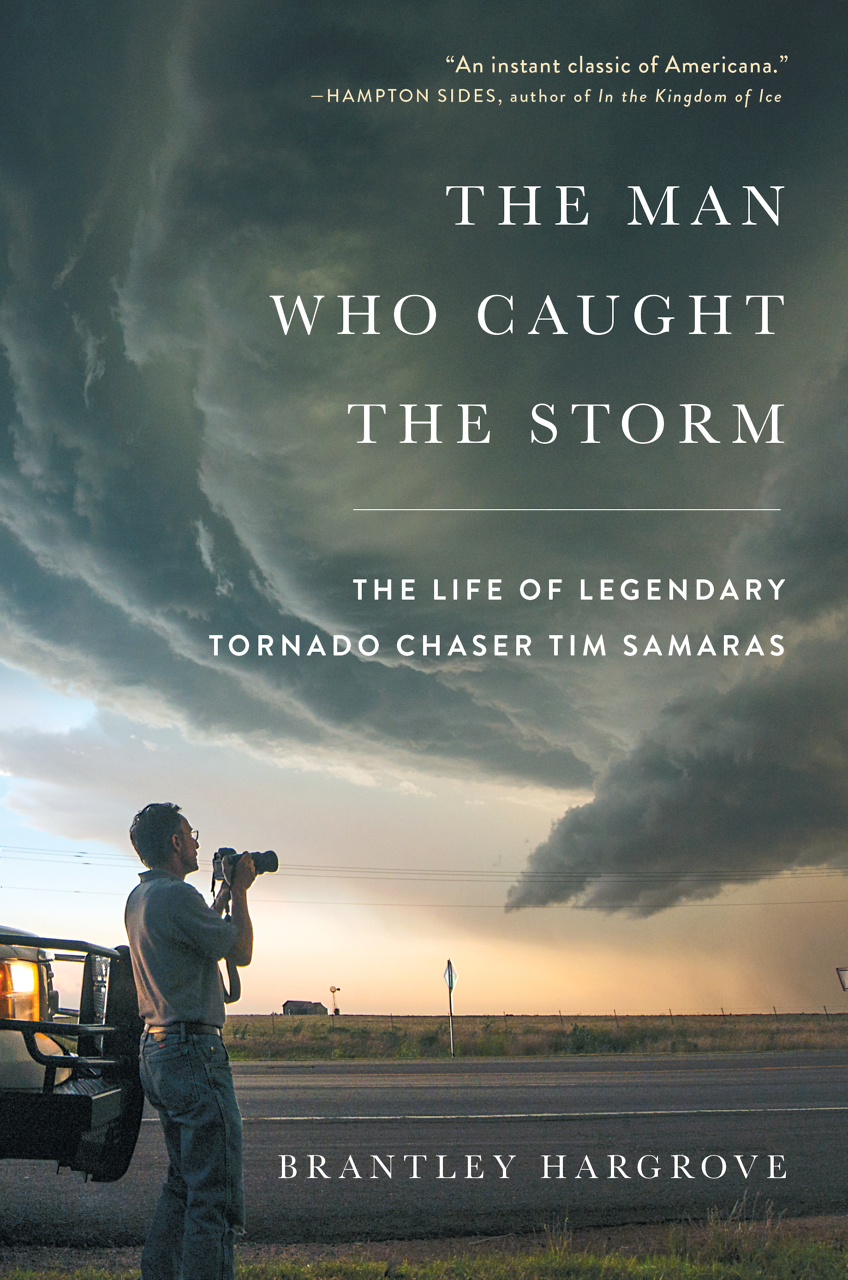Yes, We Feel Like You Do
Guitar legend Peter Frampton tells his own story
Do You Feel Like I Do? is a catalog of musician Peter Frampton’s life and career, told by Frampton himself for the first time. Frampton’s renowned gift for songwriting translates to storytelling, and his vivid, conversational style lends this memoir the intimacy of a coffee shop chat — just you, Peter Frampton, and the pressing question: “Do you feel like I do?”

We learn, in short order, the many things that Frampton feels. He experiences a sense of shared humanity: “We’re all the same; we just do different things for a living, you know?” But he also knows the angst of aging and illness. He recounts his 2015 diagnosis with inclusion body myositis, a progressive muscle disorder, and writes, “Will I be able to play as well tomorrow as I did yesterday?” — a question we have all asked, in one way or another.
The book opens with Frampton’s early years in England, offering brief histories of his parents’ lives just before his birth. The tastes (Spam), sights (broken glass), and sounds (air raids) of the Framptons’ World War II experience orient us to Peter’s beginning. Straightaway, we see the makings of a musical maestro, with scenes of young Frampton receiving his first stringed instrument — a vaudeville banjolele. He soon graduates to a “generic, no-name acoustic.” It is from this nameless guitar that he launches a musical career spanning five decades. As he puts it, “And from 3:30 in the morning on Christmas when I was eight years old, I haven’t stopped playing since.”
Do You Feel Like I Do? continues in this fashion, juxtaposing the larger political and social backdrop with Frampton’s multi-sensory vignettes. The resulting effect is a memoir that is not divorced from time and place, reminding the reader that music is not created in a vacuum. Frampton and his lengthy cast of bandmates (the Herd, Humble Pie, et. al) invent themselves by listening to other musicians and listening to the world. As Frampton describes, this broad listening is critical to his development as an artist.
 Frampton’s black 1954 Gibson Les Paul plays an important role in the memoir — essentially taking on its own story. The guitar’s presumed destruction and journey through Central America are captured in several departures from the main storyline. These scenes are bracketed, almost as though they are in a photo album. The language here is particularly vivid. “[I]t had been a fireball crash. The plane’s tail had broken off,” Frampton writes of the 1980 plane crash that separates him from his beloved instrument. The guitar is found, a generation later, on a small island. In these snapshots, the fate of the Gibson Les Paul (dubbed ‘The Phenix’) becomes symbolic of Frampton’s own journey. Peter Frampton — now based in Nashville — is known everywhere in the world, and so is his guitar.
Frampton’s black 1954 Gibson Les Paul plays an important role in the memoir — essentially taking on its own story. The guitar’s presumed destruction and journey through Central America are captured in several departures from the main storyline. These scenes are bracketed, almost as though they are in a photo album. The language here is particularly vivid. “[I]t had been a fireball crash. The plane’s tail had broken off,” Frampton writes of the 1980 plane crash that separates him from his beloved instrument. The guitar is found, a generation later, on a small island. In these snapshots, the fate of the Gibson Les Paul (dubbed ‘The Phenix’) becomes symbolic of Frampton’s own journey. Peter Frampton — now based in Nashville — is known everywhere in the world, and so is his guitar.
Guitar enthusiasts, sound engineers, and others who are interested in the technical side of music will appreciate the passages that contain specialized language: “[B]its came flying and I caught a PAF humbucker pickup.” The book is dotted with phrases like “straight to two-track” and “straight to mono.” These are not so frequent, however, as to become a distraction to non-musicians.
The book is not without its share of tea-spilling. Having enjoyed intimate relationships with countless musical legends, Frampton offers piquant tales of untoward behavior, substance use, and more about well-known figures. But he also confesses his own shortcomings. At 24, he has an extramarital affair with the wife of a colleague. A series of alcohol-related crises push him toward Alcoholics Anonymous. He confronts his own deficiencies as a parent.
Do You Feel Like I Do? is a book for all creatives — those who have followed Peter Frampton since the success of his ground-breaking album Frampton Comes Alive! and those who are hearing his name for the first time. Frampton’s vignettes of work (for instance, the pressure to create an album in eight days) will be familiar in world of endless deadlines. Others will simply appreciate the thoroughness, honesty, and humor with which Frampton recounts his journey.

Kashif Andrew Graham is a writer and theological librarian. He enjoys writing poetry on his collection of vintage typewriters. He is currently at work on a novel about an interracial gay couple living in East Tennessee.


